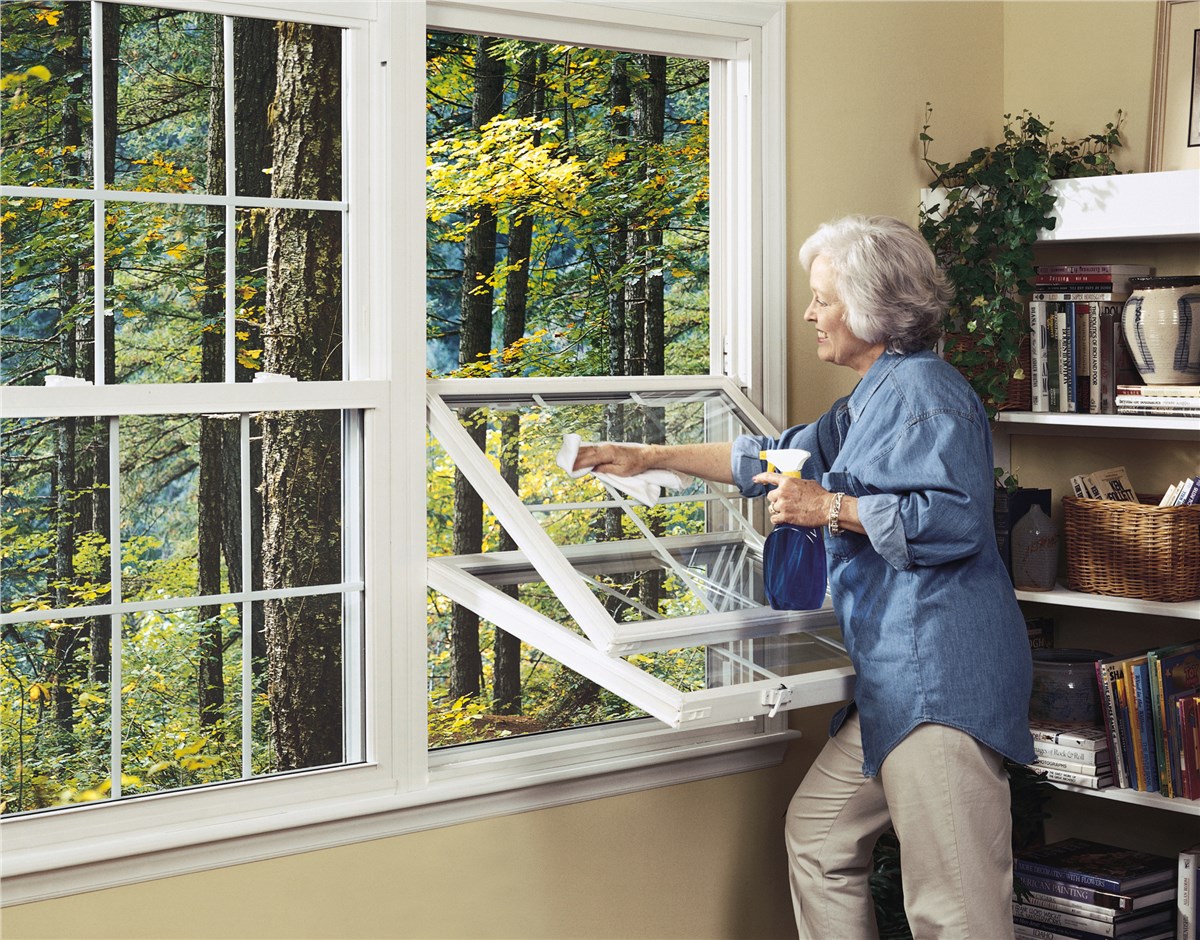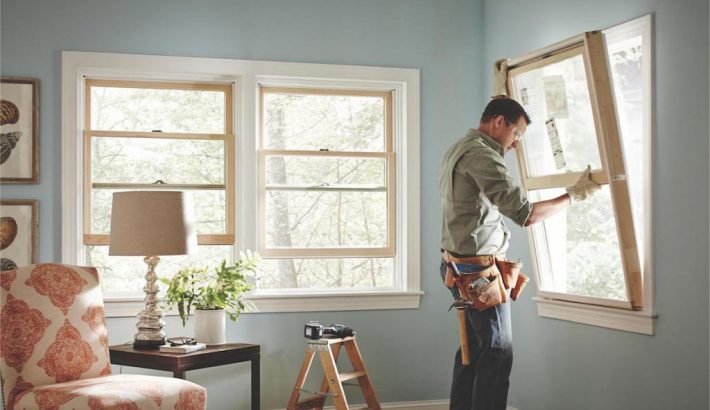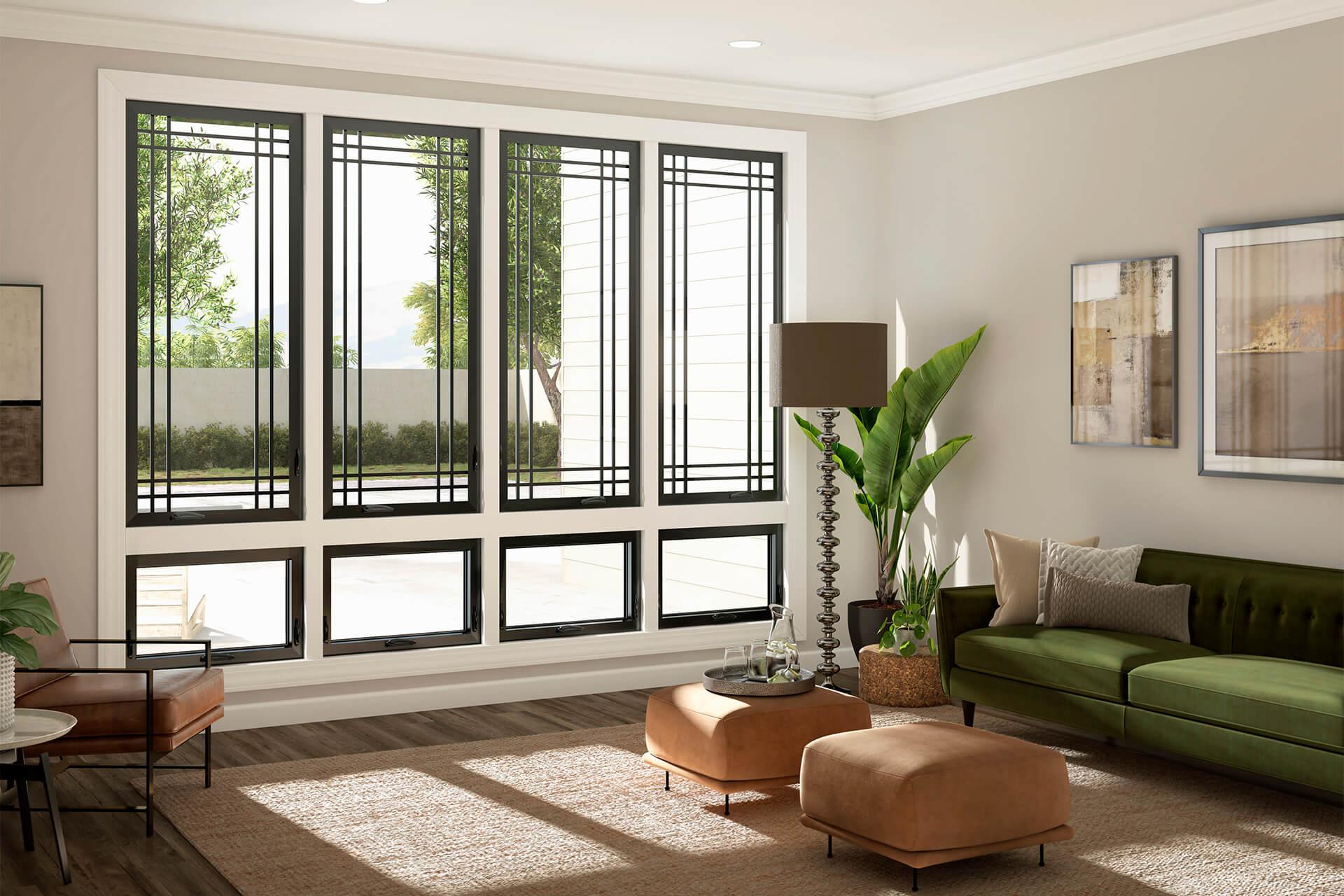Cypress Window Replacement Solutions You Can Count On
Cypress Window Replacement Solutions You Can Count On
Blog Article
Upgrade Your Home With Energy-Efficient Home Window Replacements
In the world of home improvement, the decision to upgrade to energy-efficient window substitutes can considerably affect both the capability and aesthetic appeals of a home (Richmond window replacement). As property owners seek methods to boost the performance and sustainability of their living areas, the option of home windows plays a pivotal role in accomplishing these goals. Beyond the surface degree of plain appearances, energy-efficient windows provide a wide range of benefits that go beyond simple visual charm. With a mindful option process that thinks about different aspects, from glass types to setup techniques, embarking on this home upgrade journey could prove to be a transformative venture.
Benefits of Energy-Efficient Windows

The installation of energy-efficient home windows gives considerable financial savings on utility bills while improving ecological sustainability. Additionally, energy-efficient home windows can aid regulate wetness degrees within the home, minimizing the risk of mold and mildew and mold development.
Past the financial benefits, energy-efficient windows add to ecological sustainability by reducing carbon discharges connected with power manufacturing. By reducing energy use, these home windows help alleviate the ecological impact of cooling, home heating, and lights residential spaces. This decrease in energy consumption plays a crucial role in combating climate change and promoting a greener future for generations to find. Overall, purchasing energy-efficient home windows not just enhances the comfort and performance of a home yet likewise lines up with ecologically aware practices.
Types of Energy-Efficient Glass
Various advanced sorts of energy-efficient glass deal distinct residential or commercial properties that deal with different demands and preferences in boosting the sustainability and efficiency of structures. Low-emissivity (Low-E) glass is a prominent option designed to decrease the quantity of ultraviolet and infrared light that can go through the glass, thereby minimizing warm transfer. This type of glass aids preserve a consistent interior temperature, reducing the demand for home heating or cooling systems, and eventually reducing energy prices. An additional ingenious option is spectrally discerning glass, which enables noticeable light to travel through while obstructing certain kinds of infrared radiation. This helps in preserving a comfy indoor environment while reducing warm gain. Triple-pane glass, consisting of 3 layers of glass with protecting gas in between them, gives boosted thermal insulation, making it very energy-efficient. Furthermore, self-cleaning glass with an unique covering that breaks down and loosens dust when exposed to sunlight can minimize maintenance demands and keep windows looking tidy. Each sort of energy-efficient glass offers distinct advantages, allowing property owners to select the most appropriate option based upon their certain needs and goals.
Aspects to Consider When Choosing
When contemplating energy-efficient window substitutes, it is essential to meticulously evaluate details variables that line up with your sustainability purposes and desired power cost savings. The U-factor actions how well the home window insulates, with reduced numbers indicating better insulation, while the SHGC suggests the home window's ability to obstruct warmth from sunlight. By thoroughly reviewing these elements, you can choose energy-efficient windows that improve convenience, reduce energy prices, and benefit the environment.
Installation and Upkeep Tips

Normal upkeep is key to preserving the efficiency of your energy-efficient home windows. Evaluate the windows periodically for any kind of indicators of damages, wear, or sealant damage. Tidy the frameworks, tracks, and glass consistently utilizing light soap and water to get rid of dirt and grime that can influence performance. Examine the weather-stripping and seals for any type of spaces or tears and official source replace them if needed to keep the windows' energy performance.
On top of that, lubricate relocating components such as locks and joints to ensure smooth procedure. By following these setup and upkeep tips, you can boost the energy performance of your home and prolong the life expectancy of your energy-efficient home windows.
Cost-Benefit Analysis of Upgrading

Energy-efficient home windows are developed to minimize warmth transfer, lowering the need for heating and cooling systems to burn the midnight oil. This can bring about substantial financial savings on power bills, specifically in regions with extreme temperatures. Additionally, energy-efficient home windows can improve the total value of your home, making it more appealing to potential customers if you determine to sell in the future.
When computing the cost-benefit analysis, variable in the prospective savings on energy costs, any type of available motivations or rebates, and the life expectancy of the visit the website windows. While the preliminary cost might be higher, the long-lasting savings and benefits of energy-efficient home windows make them a smart financial investment for property owners looking to enhance their building's energy performance and value.

Final Thought
In conclusion, upgrading to energy-efficient window substitutes uses various benefits such as decreased energy consumption, boosted comfort, and expense savings. By choosing the appropriate type of energy-efficient glass and considering variables like framework product and setup, homeowners can take full advantage of the effectiveness of their home windows.
When considering energy-efficient home window replacements, it is crucial to carefully evaluate certain elements that align with your sustainability objectives and desired power savings. The U-factor procedures how well the home window shields, with lower numbers suggesting much better insulation, while the SHGC shows the home window's ability to obstruct warm from sunshine. By very carefully assessing these elements, you can select energy-efficient windows that boost comfort, lower power expenses, and profit the environment.
While energy-efficient windows may have a higher ahead of time cost compared to traditional windows, the long-lasting benefits usually outweigh dgu glazing the preliminary financial investment.In verdict, updating to energy-efficient window replacements uses numerous advantages such as decreased power intake, enhanced convenience, and expense savings.
Report this page